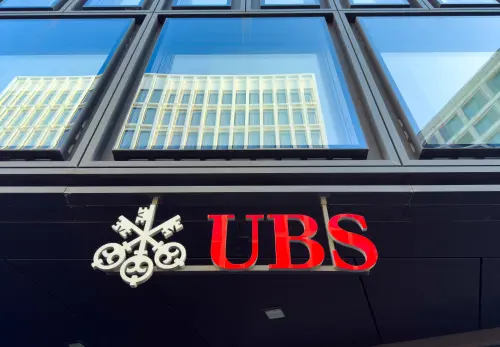Introduction
Shares of UBS experienced a significant decline of 7% on Tuesday due to concerns raised by analysts regarding new government proposals that may impact the bank's ability to distribute cash to shareholders.Context
UBS's stock initially surged following the government's announcement aimed at preventing another financial crisis similar to that of Credit Suisse. However, by 1235 GMT, UBS shares had reversed their earlier gains, dropping 6.6% to 26 francs, marking the steepest decline in two months amidst a closed Swiss market on Monday.Developments
Analysts at Deutsche Bank expressed uncertainty about the bank's planned capital returns to investors for 2026 and beyond, despite UBS affirming its commitment to return $3 billion in capital this year. Concerns over the implications of the proposed capital requirements on share buybacks also contributed to the stock decline.JP Morgan's analysts revised their buyback estimates downward, projecting $3.5 billion for next year (reduced from $6 billion) and $4 billion for 2027 (down from $8 billion), citing the government proposals as a "worst-case scenario." They noted that the market has already adjusted for this negative outlook, suggesting there could be potential for recovery if the final regulations improve.
In contrast, Citi analysts maintained that UBS should navigate the additional capital requirements without significantly impacting future buybacks and dividends. However, they expressed concerns over potential amendments to the rules as they undergo consultation and legislative processes, as well as UBS’s current earnings momentum, which they noted was "weaker than peers" due to persistent softness in net interest income.
The ongoing uncertainty regarding capital requirements has adversely affected UBS shares, which have seen a nearly 9% decline this year, in stark contrast to the 30% rally observed in a European banking share index. Despite the government's proposals confirming some of UBS's greatest fears, the bank will have six to eight years to prepare for the new regulations, a timeframe during which changes may occur.
UBS executives have criticized the additional capital requirements, labeling them as "extreme" and claiming they are not "proportionate or internationally aligned." Switzerland's Finance Minister Karin Keller-Sutter defended the measures, asserting their importance for financial stability and taxpayer protection.
